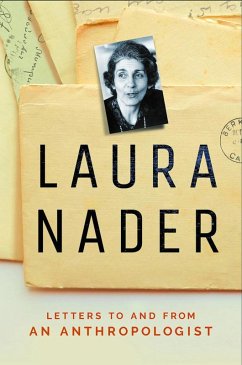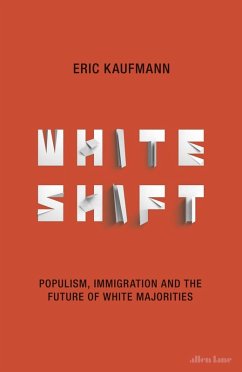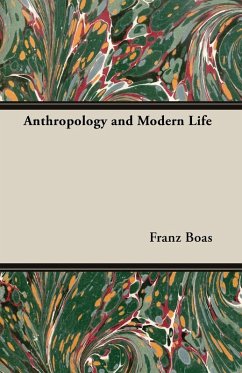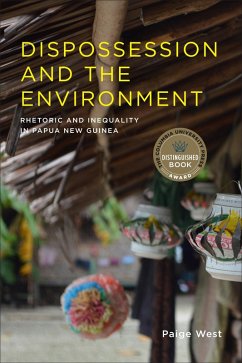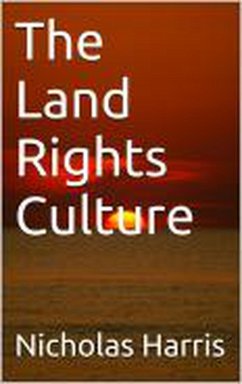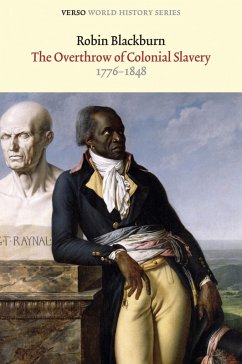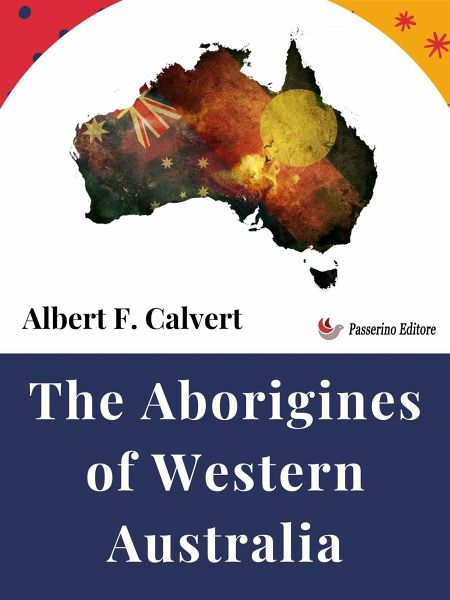
The Aborigines of Western Australia (eBook, ePUB)
Versandkostenfrei!
Sofort per Download lieferbar
0,99 €
inkl. MwSt.
Weitere Ausgaben:

PAYBACK Punkte
0 °P sammeln!
The Aboriginal people of Western Australia are the indigenous inhabitants of the region now known as Western Australia. They have a rich and diverse cultural history spanning thousands of years.Prior to European colonization, there were numerous Aboriginal groups in Western Australia, each with their own distinct languages, customs, and territories. These groups include the Noongar people in the southwest, the Yamatji people in the Mid West and Gascoyne regions, the Kimberley peoples in the far north, and many others.Aboriginal people in Western Australia traditionally lived a semi-nomadic lif...
The Aboriginal people of Western Australia are the indigenous inhabitants of the region now known as Western Australia. They have a rich and diverse cultural history spanning thousands of years.
Prior to European colonization, there were numerous Aboriginal groups in Western Australia, each with their own distinct languages, customs, and territories. These groups include the Noongar people in the southwest, the Yamatji people in the Mid West and Gascoyne regions, the Kimberley peoples in the far north, and many others.
Aboriginal people in Western Australia traditionally lived a semi-nomadic lifestyle, moving in response to the availability of food, water, and seasonal changes. They had deep spiritual connections to the land and relied on their knowledge of the environment for survival. Hunting, gathering, fishing, and trading were important aspects of their traditional way of life.
The arrival of British settlers in the late 18th century had a profound impact on the Aboriginal people. Dispossession of land, violence, and the introduction of new diseases had devastating effects. Many were forced off their traditional lands and their cultural practices were suppressed.
Today, efforts are being made to preserve and revitalize Aboriginal culture in Western Australia. Aboriginal people continue to maintain their cultural traditions, languages, and connections to the land. There are also ongoing discussions and negotiations about land rights, recognition, and reconciliation between Aboriginal and non-Aboriginal people.
Albert Frederick Calvert (1872-1946) was an English author, engineer and explorer active in Australia.
Prior to European colonization, there were numerous Aboriginal groups in Western Australia, each with their own distinct languages, customs, and territories. These groups include the Noongar people in the southwest, the Yamatji people in the Mid West and Gascoyne regions, the Kimberley peoples in the far north, and many others.
Aboriginal people in Western Australia traditionally lived a semi-nomadic lifestyle, moving in response to the availability of food, water, and seasonal changes. They had deep spiritual connections to the land and relied on their knowledge of the environment for survival. Hunting, gathering, fishing, and trading were important aspects of their traditional way of life.
The arrival of British settlers in the late 18th century had a profound impact on the Aboriginal people. Dispossession of land, violence, and the introduction of new diseases had devastating effects. Many were forced off their traditional lands and their cultural practices were suppressed.
Today, efforts are being made to preserve and revitalize Aboriginal culture in Western Australia. Aboriginal people continue to maintain their cultural traditions, languages, and connections to the land. There are also ongoing discussions and negotiations about land rights, recognition, and reconciliation between Aboriginal and non-Aboriginal people.
Albert Frederick Calvert (1872-1946) was an English author, engineer and explorer active in Australia.
Dieser Download kann aus rechtlichen Gründen nur mit Rechnungsadresse in A, B, BG, CY, CZ, D, DK, EW, E, FIN, F, GR, HR, H, IRL, I, LT, L, LR, M, NL, PL, P, R, S, SLO, SK ausgeliefert werden.





